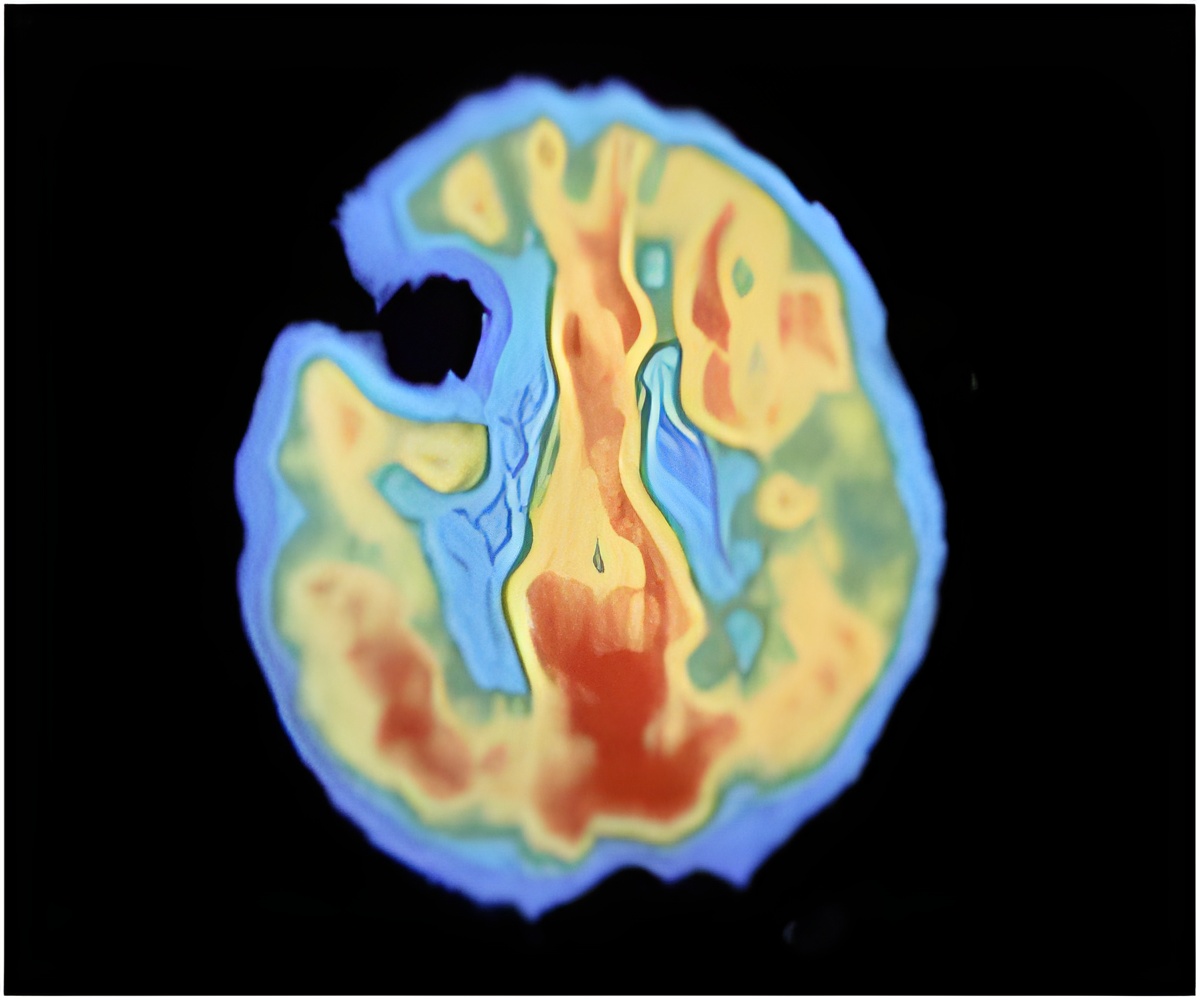A new study has found that neither the use of hormone erythropoietin nor maintaining higher hemoglobin concentration could improve outcome in patients with traumatic brain injury

Claudia S. Robertson, M.D., of the Baylor College of Medicine, Houston, and colleagues conducted a randomized clinical trial that included 200 patients (erythropoietin, n = 102; placebo, n = 98) with a closed head injury at neurosurgical intensive care units in two U.S. level I trauma centers between May 2006 and August 2012. Patients were enrolled within 6 hours of injury and had to be unable to follow commands after initial stabilization. Erythropoietin or placebo was initially dosed daily for 3 days and then weekly for 2 more weeks (n = 74). There were 99 patients assigned to a hemoglobin transfusion threshold of 7 g/dL and 101 patients assigned to 10 g/dL.
In the placebo group, 34 patients (38.2 percent) recovered to a favorable outcome (defined as good recovery and moderate disability, as measured by a functional assessment inventory) compared with 17 patients (48.6 percent) in the erythropoietin 1 group (first dosing regimen) and 17 patients (29.8 percent) in the erythropoietin 2 group (second dosing regimen). Thirty-seven patients (42.5 percent) assigned to the transfusion threshold of 7 g/dL recovered to a favorable outcome compared with 31 patients (33.0 percent) assigned to the transfusion threshold of 10 g/dL.
There was a higher incidence of thromboembolic events for the transfusion threshold of 10 g/dL (21.8 percent) vs (8.1 percent) for the threshold of 7 g/dL.
"Among patients with closed head injury, neither the administration of erythropoietin nor maintaining hemoglobin concentration of at least 10 g/dL resulted in improved neurological outcome at 6 months. These findings do not support either approach in patients with traumatic brain injury," the authors conclude.
Source-Newswise
 MEDINDIA
MEDINDIA


 Email
Email




